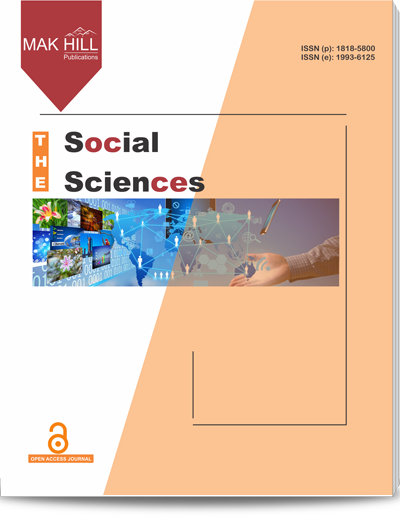
The Social Sciences
ISSN: Online 1993-6125ISSN: Print 1818-5800
Abstract
This study aims to examine the role of Islamic work ethic on the relationship between emotional intelligence and leadership practices among Malaysian public university administrators. Initially, the current higher education challenges require public universities to function effectively. Therefore, their employees need to equip themselves with several managerial skills such as leadership quality. Using the regular postal service, the questionnaires were sent directly to the identified respondents all over Malaysia. A total of 289 usable responses was received from a sample of 500 administrators. The collected data were analyzed using SPSS Version 19. The findings suggested that all emotional dimensions have significant correlation with leadership practices and it is noticed that Islamic work ethic only moderates the relationship between using of emotions and leadership practices. Finally, the limitations and possiblefuture research were also have been discussed in this study.
How to cite this article:
Abd Rahim Romle, Hamzah Abdul Rahman and Abdul Shukor Shamsudin. The Impact of Emotional Intelligence on Administrator Leadership Practices:
The Role of Islamic Work Ethic.
DOI: https://doi.org/10.36478/sscience.2016.7596.7601
URL: https://www.makhillpublications.co/view-article/1818-5800/sscience.2016.7596.7601